
Zithee 500 Tablet
Manufacturer
Avail Healthcare
Salt Composition
Azithromycin (500mg)
Key Information
Short Description
Zithee 500 Tablet is an antibiotic used to treat various bacterial infections including respiratory tract, ear, nose, throat, lungs, skin, and eye infections, as well as typhoid fever and some sexually transmitted diseases like gonorrhea.
Dosage Form
Tablet
Introduction
Zithee 500 Tablet is a versatile antibiotic prescribed for treating a wide range of bacterial infections affecting the respiratory tract, ear, nose, throat, lungs, skin, and eyes in both adults and children. It is also effective against typhoid fever and certain sexually transmitted diseases such as gonorrhea. While it is generally well-tolerated, some patients may experience side effects like diarrhea or allergic reactions. It is crucial to complete the full course of treatment to prevent the infection from returning and becoming more difficult to treat. Always consult your doctor for personalized medical advice.
Directions for Use
Take this medicine in the dose and duration as advised by your doctor. Swallow it as a whole. Do not chew, crush, or break it. Zithee 500 Tablet may be taken with or without food, but it is better to take it at a fixed time.
How it works
Zithee 500 Tablet is an antibiotic that works by preventing the synthesis of essential proteins required by bacteria to carry out vital functions. This action stops the bacteria from growing and prevents the infection from spreading.
Quick Tips
Do not skip any doses and finish the full course of treatment even if you feel better. Stopping it early may make the infection come back and harder to treat. Take it 1 hour before or two hours after food. Do not take antacids 2 hours before or after taking Zithee 500 Tablet. Diarrhea may occur as a side effect but should stop when your course is complete. Inform your doctor if it doesn't stop or if you find blood in your stools. Stop taking Zithee 500 Tablet and inform your doctor immediately if you develop an itchy rash, swelling of the face, throat or tongue, or breathing difficulties while taking it.
Related Medicines
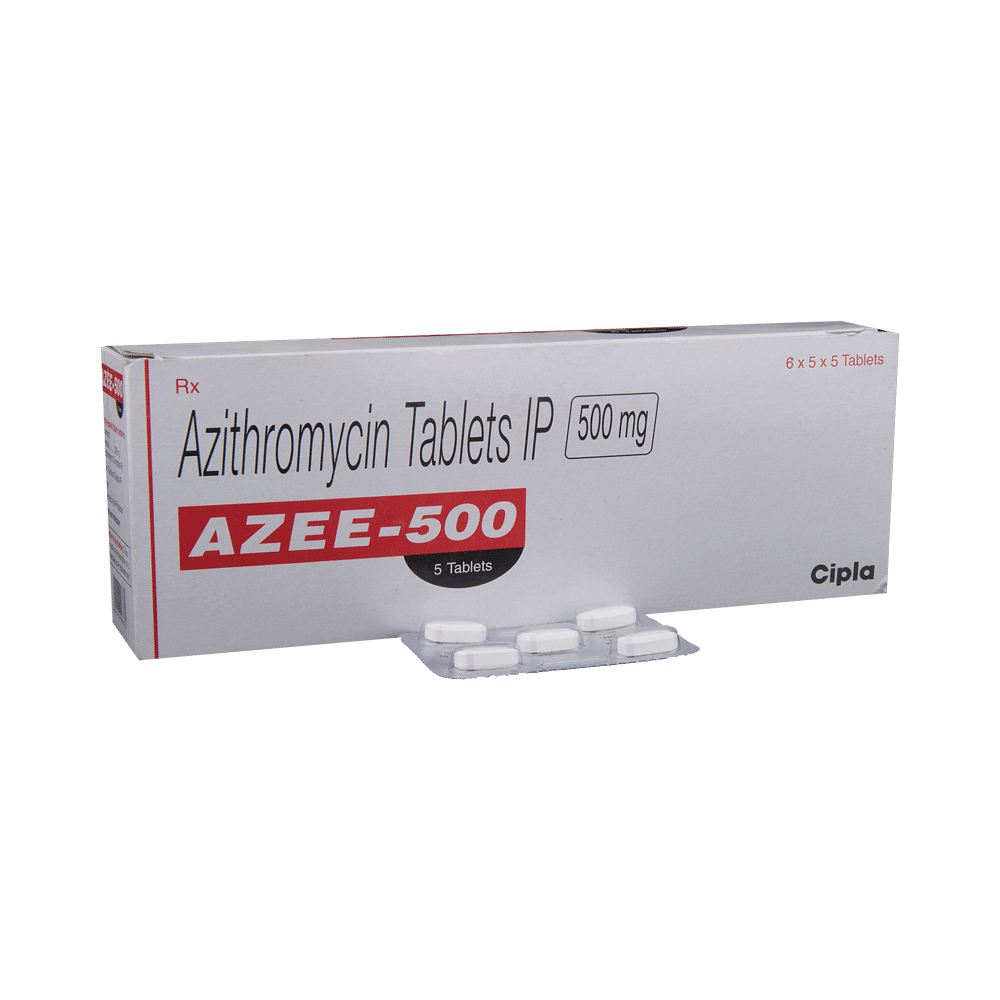
Azee-500 Tablet
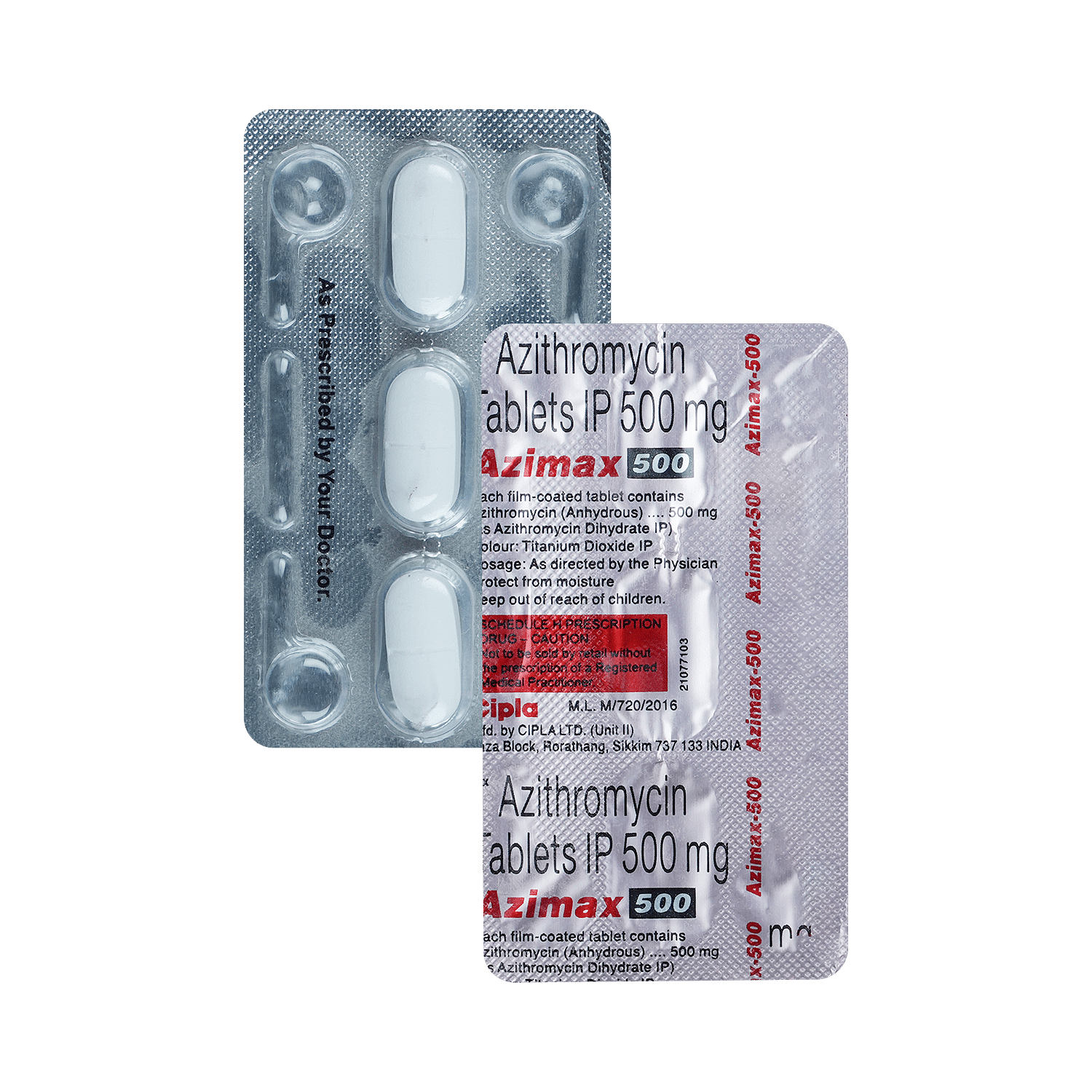
Azimax 500 Tablet
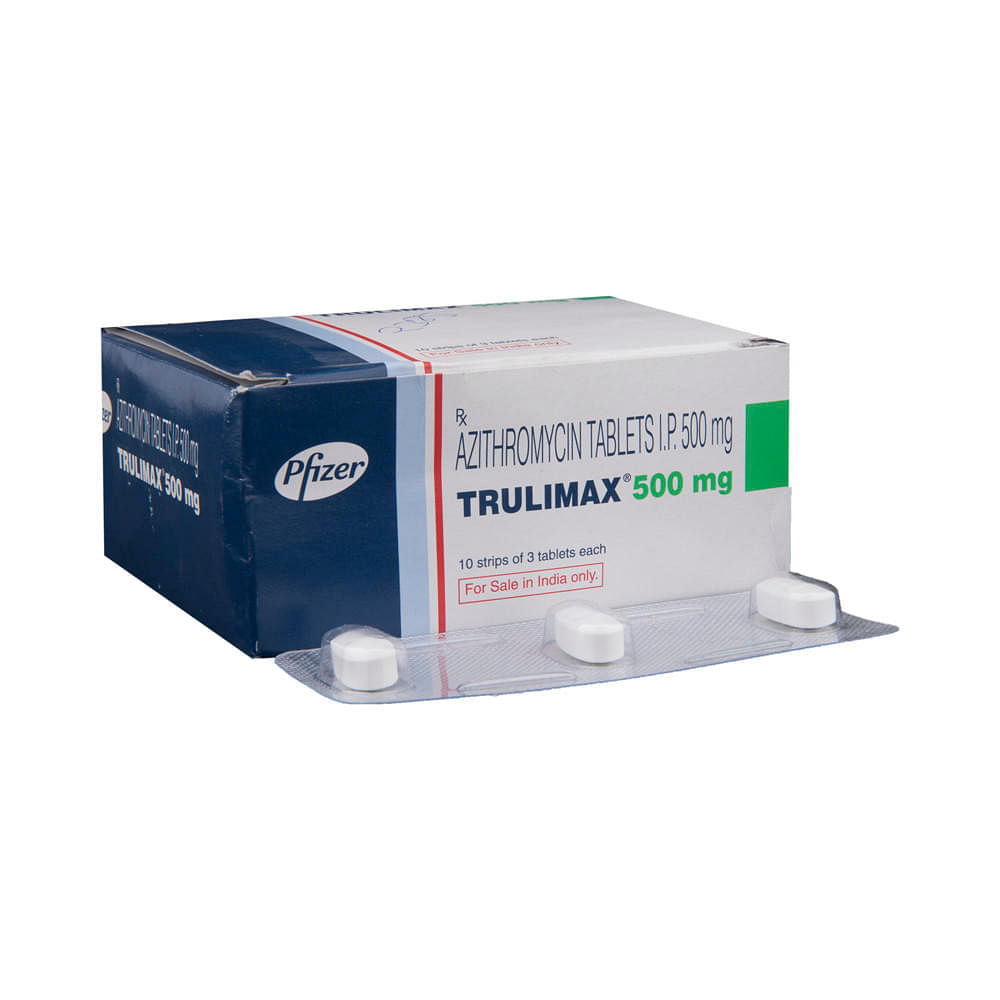
Trulimax 500mg Tablet
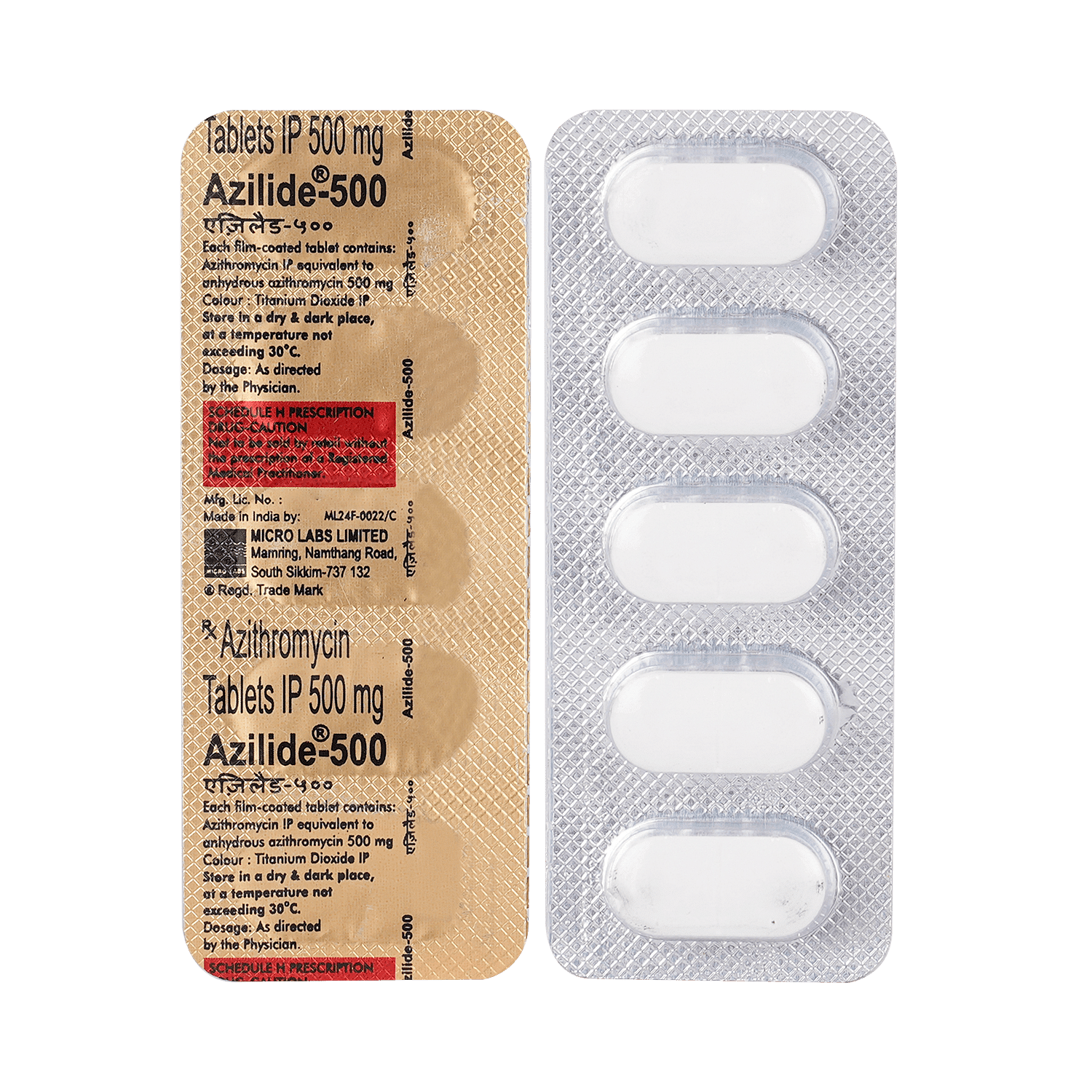
Azilide-500 Tablet

Zithrox 500 Tablet
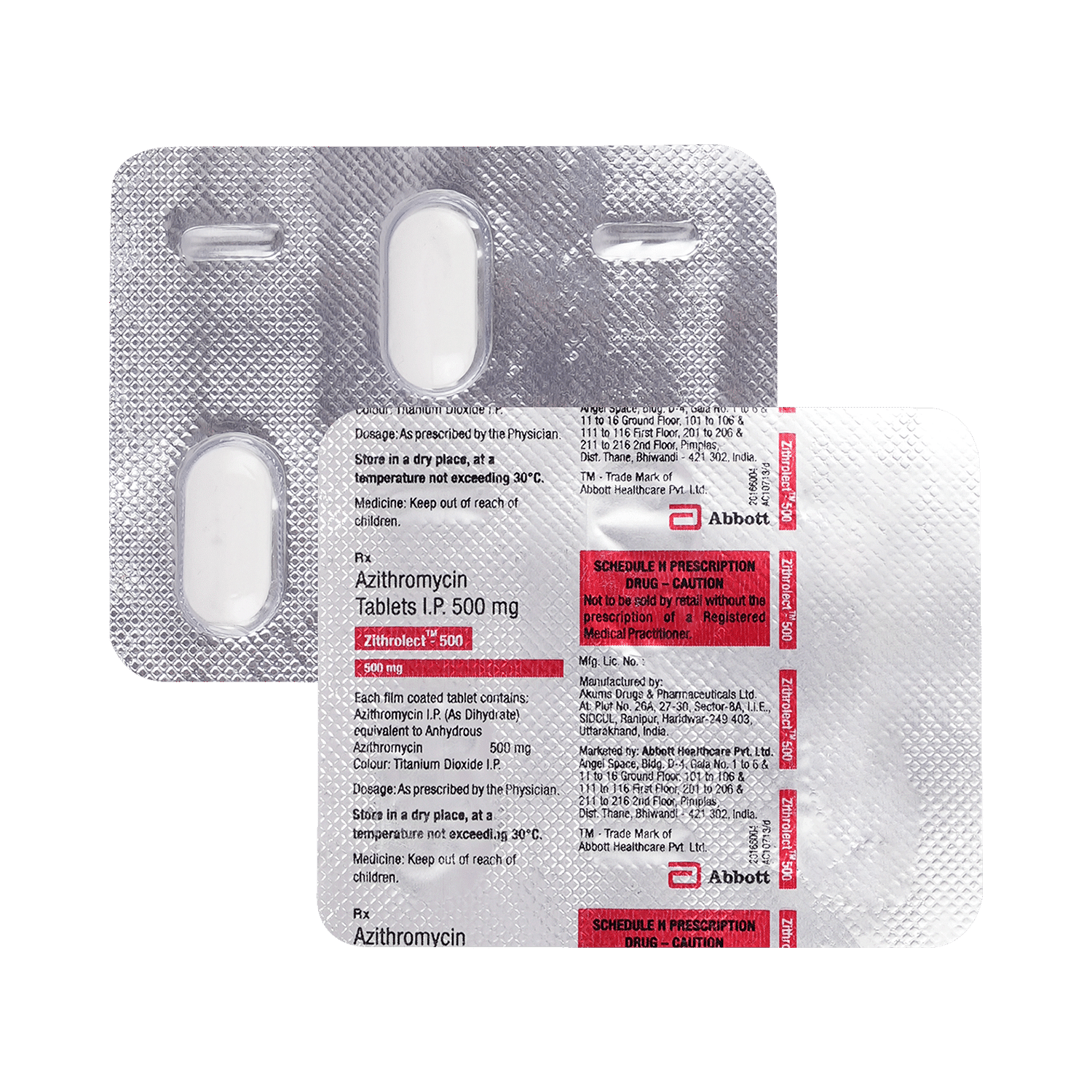
Zithrolect 500 Tablet
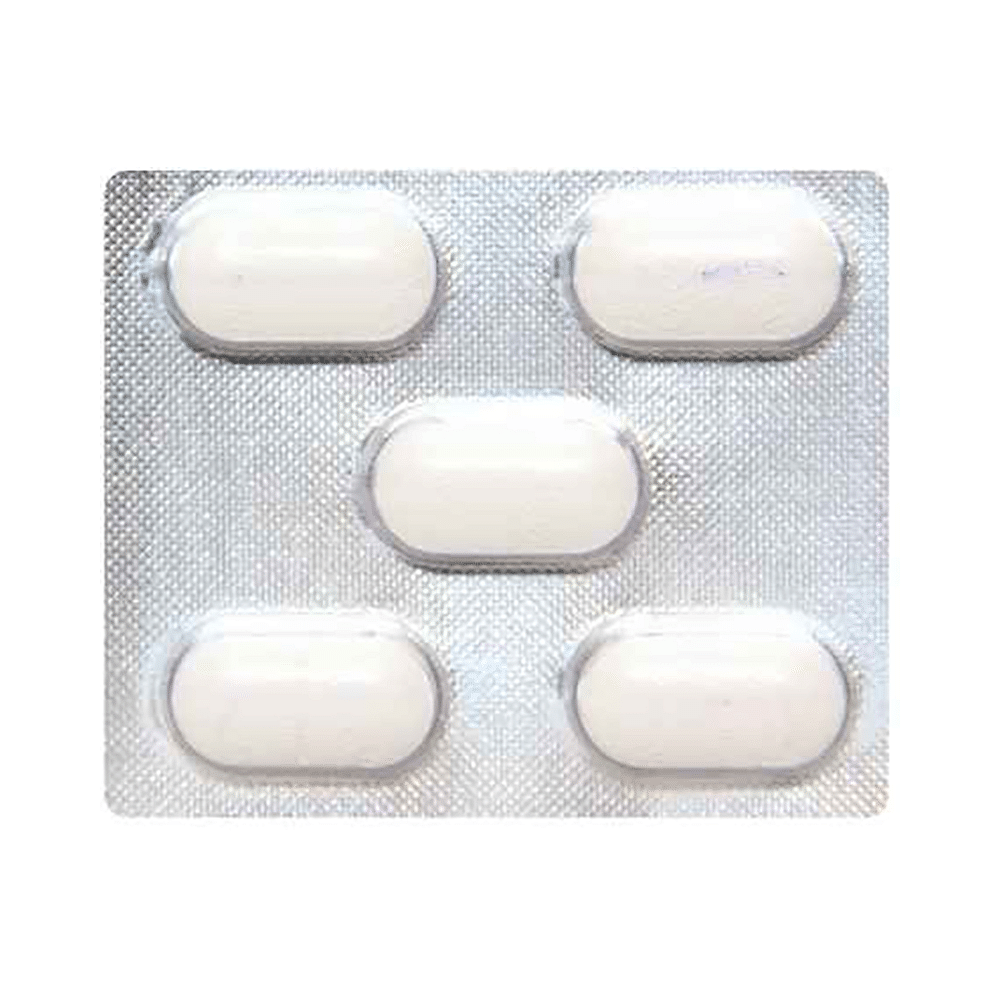
ATM 500 Tablet
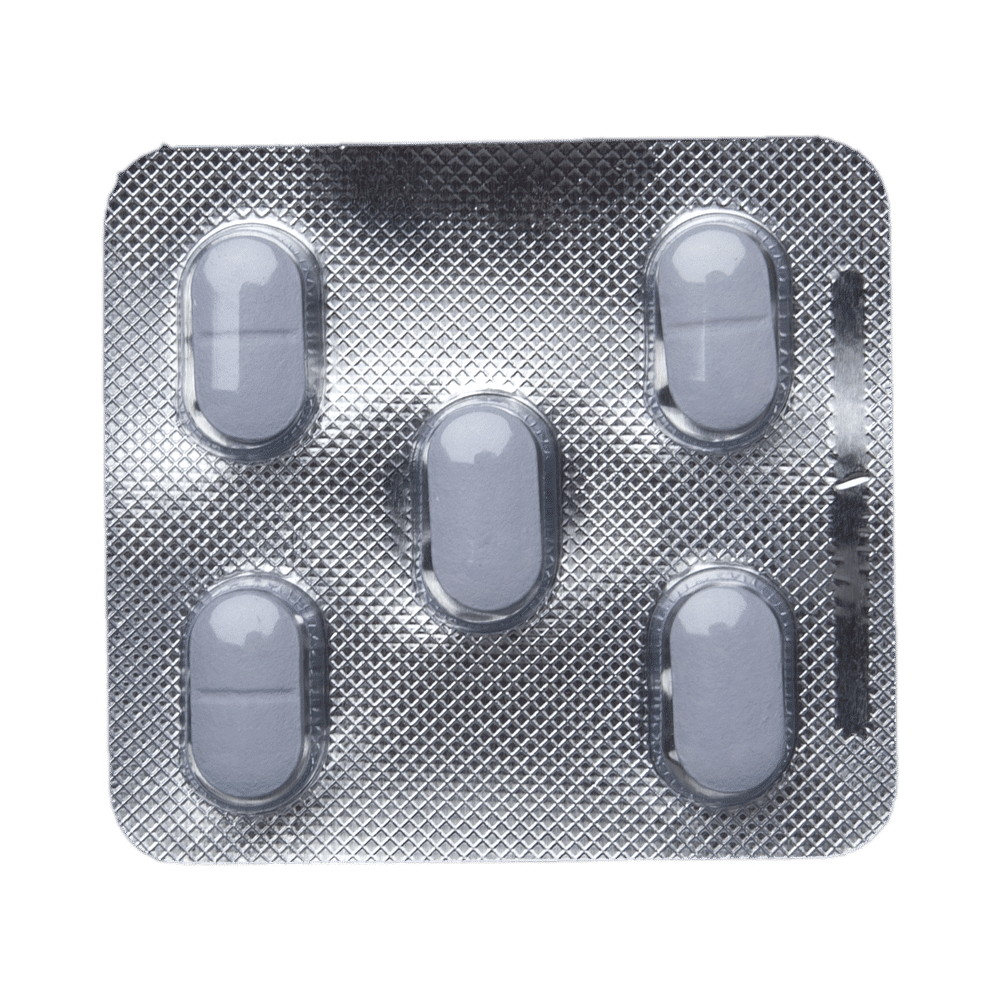
Zady-500 Tablet
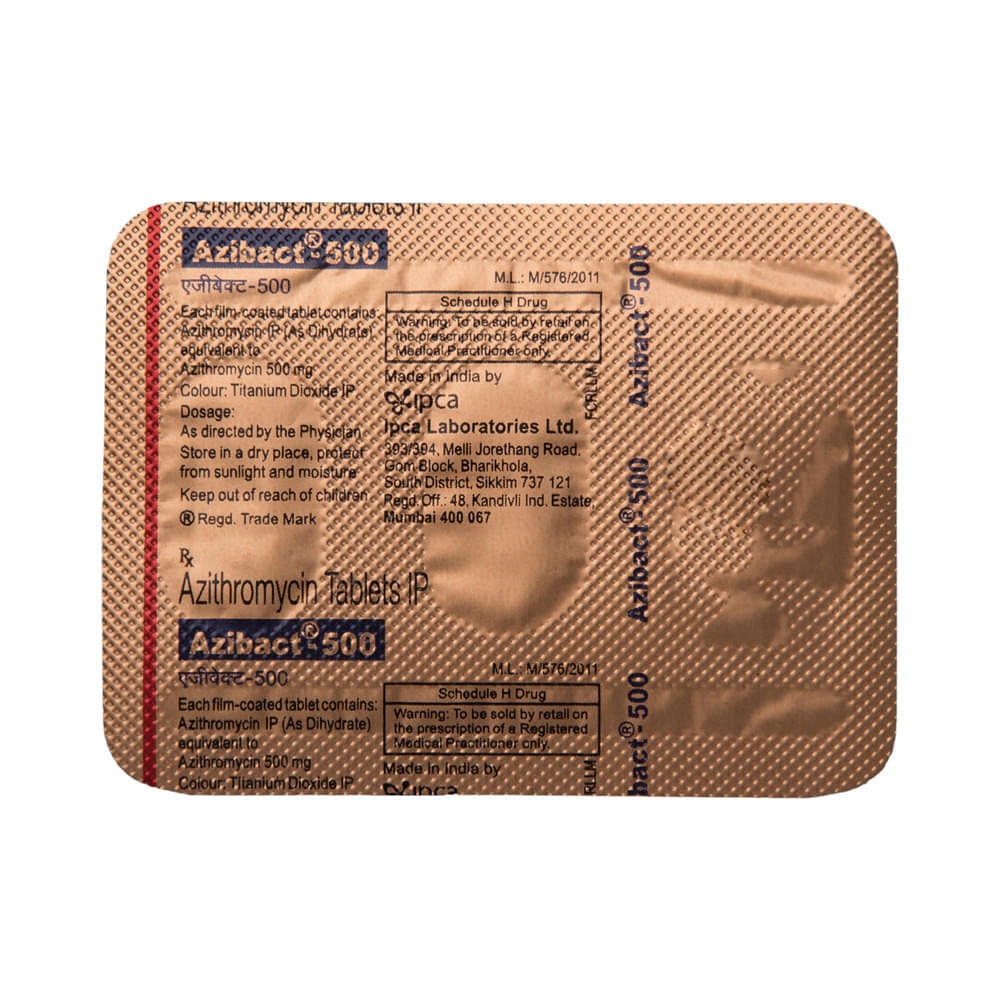
Azibact 500 Tablet
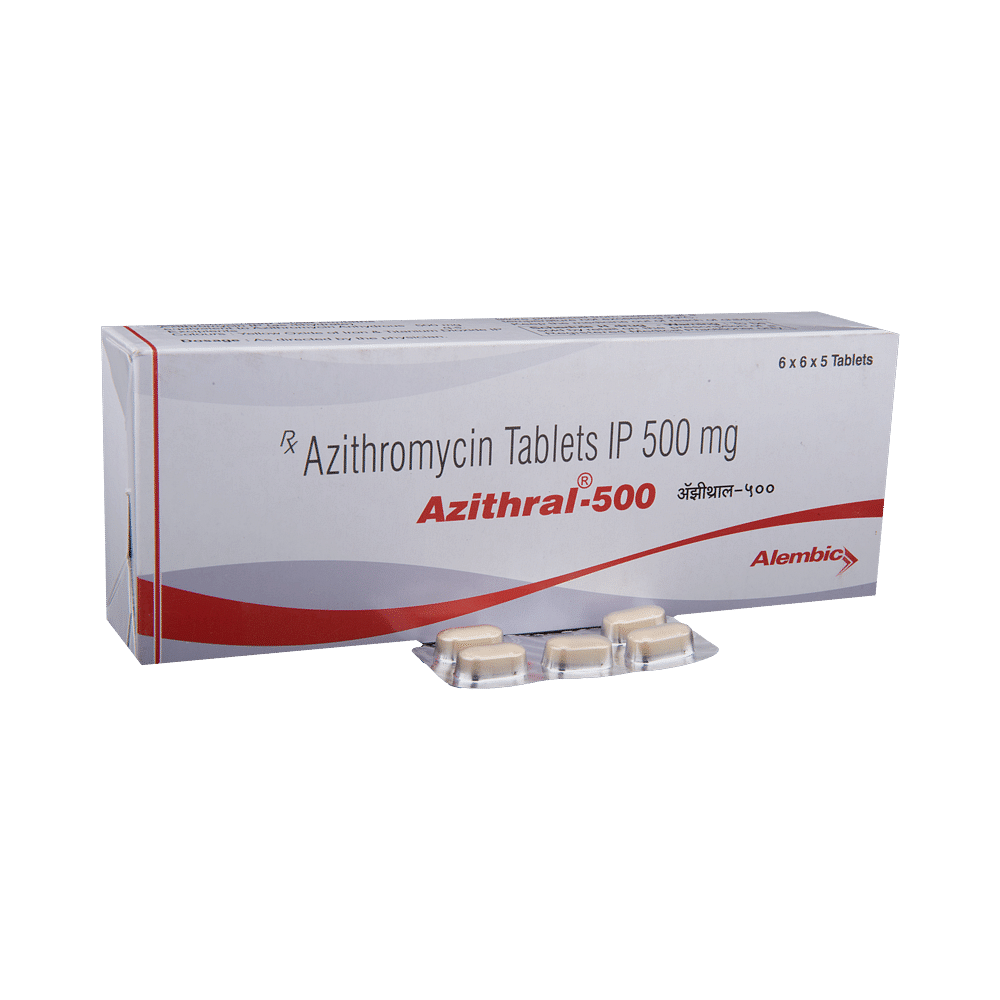
Azithral-500 Tablet
Frequently asked questions
Is Zithee 500 Tablet safe?
Zithee 500 Tablet is generally considered safe when used at prescribed doses for the recommended duration, as advised by your doctor. However, as with any medication, it's essential to follow your doctor's instructions carefully and report any side effects or concerns promptly.
What if I don't get better?
If you do not notice any improvement in your symptoms after 3 days of taking Zithee 500 Tablet, or if your symptoms worsen, inform your doctor immediately. They will assess the situation and provide guidance on the best course of action.
Can the use of Zithee 500 Tablet cause diarrhea?
Yes, the use of Zithee 500 Tablet can cause diarrhea due to its antibiotic properties, which kill both harmful and beneficial bacteria in the stomach or intestine. If you experience severe diarrhea, consult your doctor for advice.
Can Zithee 500 Tablet be taken at night?
Zithee 500 Tablet is usually prescribed once daily. You can take it at any time of day, but remember to take it at the same time each day. However, always follow your doctor's specific instructions regarding timing and dosage.
How long does it take Zithee 500 Tablet to work?
Zithee 500 Tablet typically starts working within a few hours of taking it, and you may notice an improvement in symptoms after a few days. However, do not stop taking the medicine without completing the full course recommended by your doctor.
Why is Zithee 500 Tablet given for 3 days?
The duration of treatment with Zithee 500 Tablet depends on the type of infection being treated and the age of the patient. In most cases, it is prescribed for a specific number of days or doses as determined by your doctor.
What should I avoid while taking Zithee 500 Tablet?
While taking Zithee 500 Tablet, it's generally recommended to avoid taking antacids with the medication, as this can affect its overall effectiveness. Additionally, be aware that Zithee 500 Tablet may increase your risk of sunburn, so try to limit exposure to sunlight or tanning beds.
Is Zithee 500 Tablet a strong antibiotic?
Zithee 500 Tablet is an effective antibiotic used for treating many bacterial infections. Its longer half-life allows it to stay in the body for a longer period, making it suitable for once-daily dosing and short treatment courses.
Can you get a yeast infection from taking Zithee 500 Tablet?
Some individuals may develop a fungal or yeast infection (thrush) after taking Zithee 500 Tablet. If you experience symptoms like vaginal itching, discharge, or white patches in the mouth or tongue, inform your doctor promptly.


